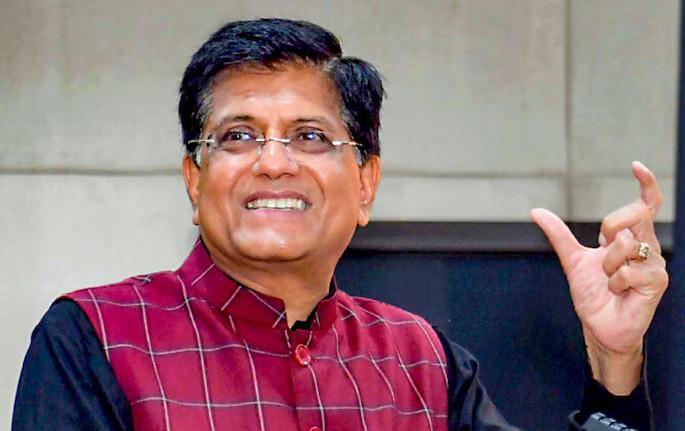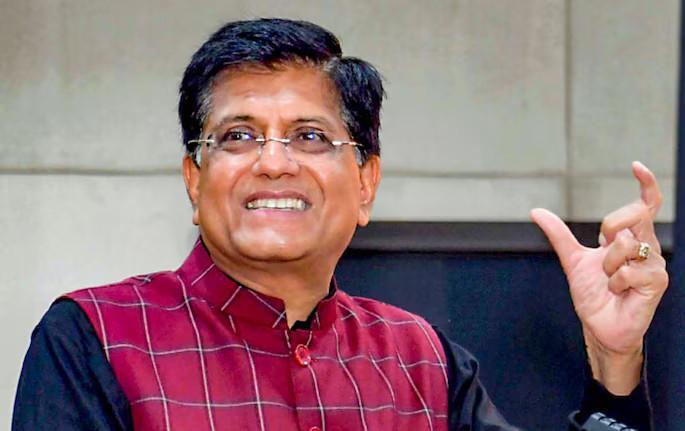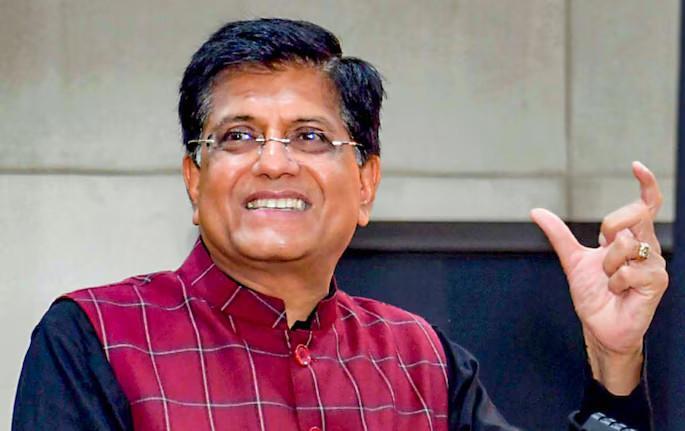
Title: OpenAI & Elon Musk agree to fast-track trial over for-profit model
In a recent development, Elon Musk and OpenAI have agreed to fast-track a trial regarding OpenAI’s transition to a for-profit model. This decision comes after a court denied Musk’s request to pause OpenAI’s transition to the new model. The dispute between the two parties has been ongoing since last year, when Musk sued OpenAI and its CEO Sam Altman, accusing the company of straying from its original goal of creating AI for humanity’s benefit.
According to a court filing, the trial will now proceed at an accelerated pace, with both sides expected to present their arguments and evidence in a more expedited manner. This move is likely to expedite the resolution of the dispute, which has been ongoing for several months.
For those unfamiliar with the dispute, it’s worth noting that OpenAI was founded in 2015 with the goal of creating artificial intelligence (AI) that could benefit humanity. Elon Musk was one of the company’s earliest investors and served as its chairman until 2018. However, in 2021, Musk sued OpenAI and its CEO Sam Altman, alleging that the company had strayed from its original mission and was now focused on creating AI for commercial gain rather than for the benefit of humanity.
Musk’s lawsuit claimed that OpenAI’s transition to a for-profit model would allow the company to prioritize profits over its original mission, and that this would have negative consequences for the development of AI. He also alleged that OpenAI’s CEO, Sam Altman, had acted in a manner that was contrary to the company’s founding principles and that he had failed to fulfill his fiduciary duties as CEO.
In response to Musk’s lawsuit, OpenAI has argued that its transition to a for-profit model is necessary to ensure the company’s long-term sustainability and to allow it to continue to develop AI that can benefit humanity. The company has also argued that its original mission was always to create AI that could benefit humanity, but that this did not preclude the company from generating profits.
The court’s denial of Musk’s request to pause OpenAI’s transition to the for-profit model was seen as a significant blow to his lawsuit, as it meant that the company was free to continue with its plans without interference. However, Musk’s decision to fast-track the trial suggests that he remains committed to resolving the dispute and ensuring that OpenAI’s transition to a for-profit model is halted.
The implications of this dispute are far-reaching, as it highlights the ongoing debate surrounding the development and use of AI. While some argue that AI has the potential to greatly benefit humanity, others are concerned about its potential risks and negative consequences. The dispute between Musk and OpenAI also raises important questions about the role of profit in the development of AI and whether it should be prioritized over the potential benefits of the technology.
In conclusion, the decision by Elon Musk and OpenAI to fast-track the trial over the company’s transition to a for-profit model is a significant development in the ongoing dispute between the two parties. While the outcome of the trial remains uncertain, it is clear that the dispute highlights the ongoing debate surrounding the development and use of AI. As the technology continues to evolve, it is essential that we consider the potential risks and benefits and work to ensure that it is developed and used in a responsible and ethical manner.






